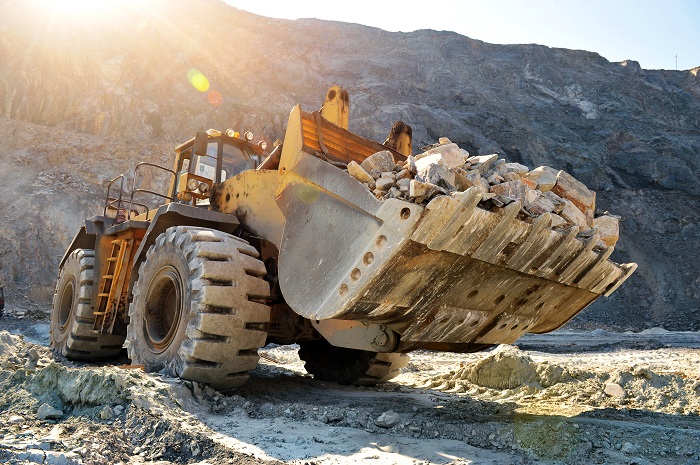Whoever works daily with industrial equipment, transportation, agriculture, or civil construction, for example, knows: at some moments costs will arise, such as maintenance. This is part of the process and is normally provided within the companies’ budget.
However, in some situations, spending may exceed expectations, causing a break in the planned budget. According to industry professionals, this tends to occur when some necessary care with the equipment is ignored. One of them, they explain, is in relation to oil.
Contamination of the oil, either by means of particles, or by the presence of water, creates serious problems, such as:
But there is a way to reduce and almost zero the problems generated by the contaminated oil: microfiltration. Specialized companies point out that microfiltration reduces costs, as it guarantees oil quality. This, in turn, ensures the correct functioning of the equipment.
Read too: Microfiltration: everything you need to know!
But how does microfiltration decrease costs?
Microfiltration reduces costs by guaranteeing the purity of almost 100% of the oil. It should be noted that, being clean, the oil makes the whole process take place on a regular basis. This, in addition to avoiding problems, also provides increases in equipment performance and productivity. It also guarantees increased service life.
Contamination of oil
As much as the necessary care is taken on a daily basis, the chances of oil being contaminated always exist. The condensation of water, which usually occurs through the air entering the tank, as well as temperature variations, are 2 examples.
Supplying low quality fuel, inadequate cleaning, and particles resulting from the external production process itself (transformation of metals, wood, minerals, among others) are other villains of the oil.
However, what causes problems is not the contamination per se, but the lack of maintenance and action. The longer the contaminated oil is circulated through the equipment, the more damage it will cause. This is when microfiltration reduces costs.
How microfiltration acts
Microfiltration provides efficient capture of contamination, which reduces the risk of corrective maintenance in the future. Microfiltration reduces costs by ensuring less wear and tear on parts and equipment, increasing the useful life of machinery and promoting full productivity. In general, there are 3 types of oil submitted to the microfiltration technique:
- Diesel oil: when contaminated, diesel can compromise the productivity of the equipment and present premature failures of pumps and injectors. Microfiltration guarantees the protection of the injection system against contamination by particles.
- Hydraulic oil: a contaminated hydraulic system can present failures in pumps and valves, lose efficiency due to internal leaks, prematurely wear out the equipment and demand excess oil change. Microfiltration of the oil reduces maintenance costs and increases the efficiency of the machinery, also extending its useful life.
- Lubricant: contamination in the lubricating oil can compromise its efficiency and cause major problems to the equipment. Thus, it demands successive stops for maintenance and replacement of parts, which greatly impairs productivity.
Read too: Why do microfiltration?
There are still others oils that can be microfiltered such as: vegetable and animal oils; cutting oils; insulating oils; and compressor oils, among others.
It should also be noted that microfiltration reduces costs because it is a process capable of containing particles that are not eliminated by traditional filtration, which normally only retains large and medium waste. The technology eliminates solid waste with pores between 0.1 to 10 micrometers, separating the particles that contaminate the oil. That is, the fine and ultrafine particles.
Do you want to know more about the benefits of oil analysis in preventive maintenance or microfiltration? Then get in touch with POC Filters professionals, who are always on hand to assist in the search for the best solutions for your equipment.



